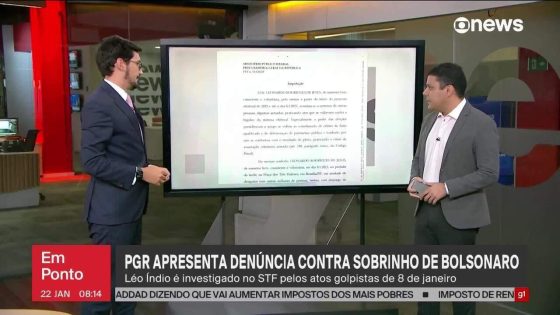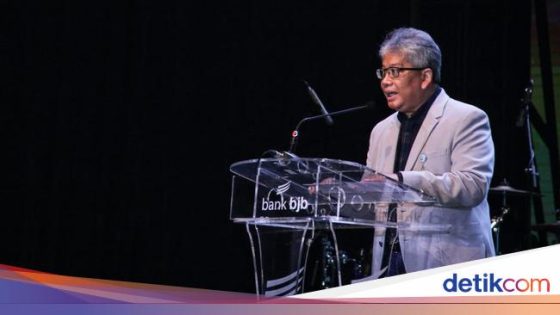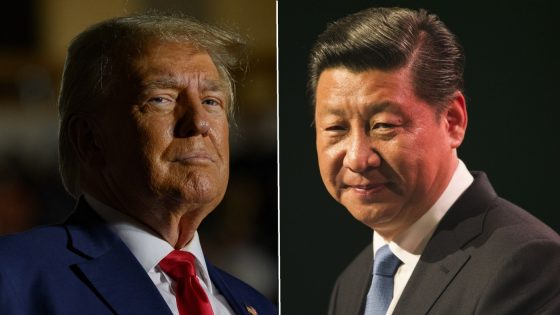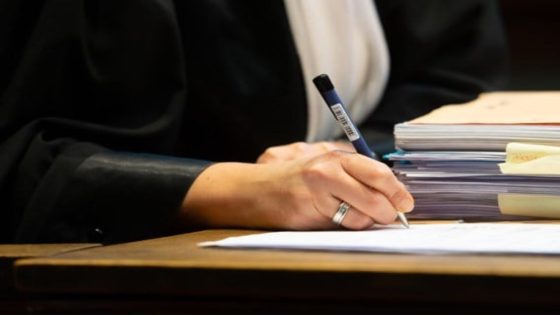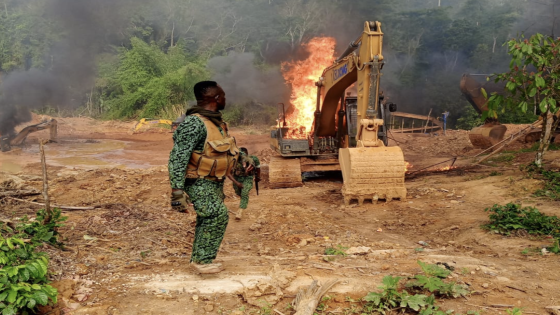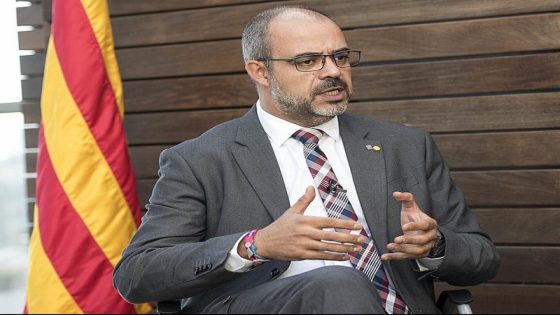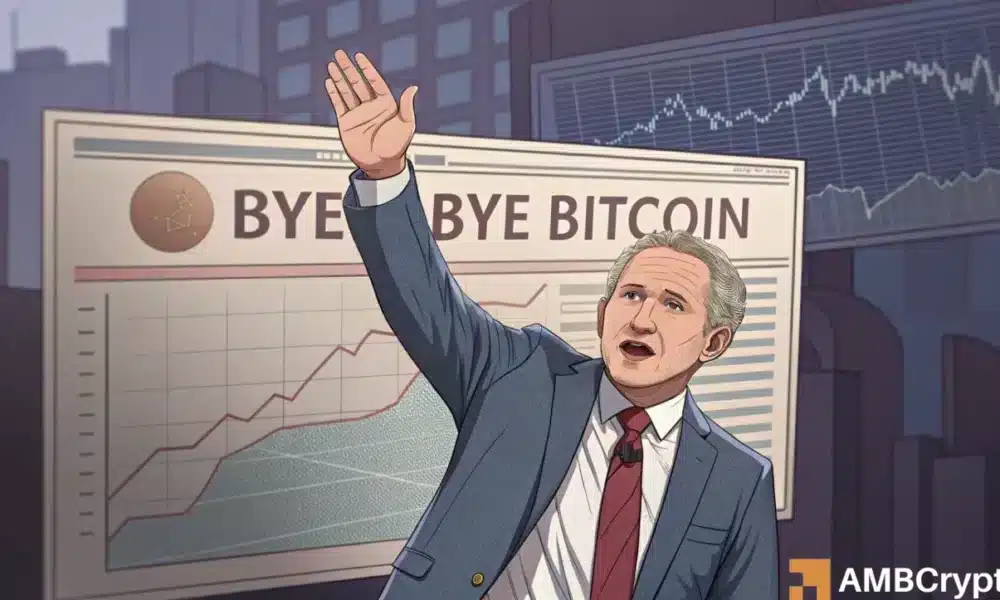On February 21, 2025, Alexandre de Moraes, a Supreme Court Justice in Brazil, voted to make Léo Índio, the nephew of former President Jair Bolsonaro, a defendant in a case related to the January 8 coup attempts. This decision raises questions about the ongoing investigations into political unrest in Brazil. How will this impact Bolsonaro’s legacy and the future of Brazilian politics?
- Moraes votes to indict Léo Índio.
- Léo Índio is Bolsonaro's nephew.
- STF begins trial for Léo Índio's actions.
- Allegations involve instigating January 8 events.
- Multiple news outlets report on the case.
Brazil’s Political Turmoil: The Case of Léo Índio and January 8 Events
Why is the case against Léo Índio so crucial for Brazil’s political future? As the country grapples with the aftermath of the January 8 coup attempts, this trial could set a precedent for holding political figures accountable. The implications of this case extend beyond Brazil, affecting international perceptions of governance and democracy in the region.
Understanding the Charges Against Léo Índio: Key Points
The charges against Léo Índio stem from his alleged involvement in the January 8 coup attempts. Here are some key points to consider:
- Índio is accused of instigating actions that challenged Brazil’s democratic institutions.
- The case highlights the role of political figures in inciting unrest.
- This trial could influence public opinion regarding Bolsonaro and his supporters.
- International observers are closely monitoring the situation for its implications on democracy.
The Broader Implications of Political Accountability in Brazil
The ongoing case against Léo Índio raises important questions about political accountability in Brazil. As the nation seeks to heal from political strife, ensuring that those who instigated violence are held responsible is crucial. This case could serve as a turning point in Brazil’s approach to governance and the rule of law.
International Reactions and Concerns
International reactions to the case have been mixed. While some countries express support for Brazil’s judicial processes, others are concerned about the potential for political bias. The outcome of this trial may affect Brazil’s diplomatic relations, particularly with nations that prioritize democratic values.



